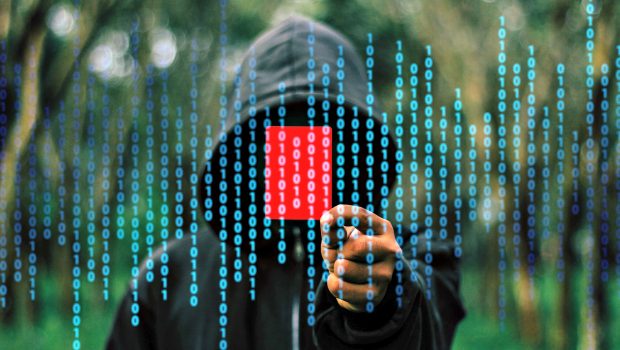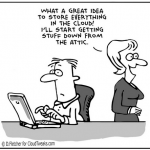What Can You Do To Protect Your Website From Hackers?
Website security is a fact of life for any person, business, organization or entity with an online presence. Now, with the interlinking of social media sites with websites and the ability to manage financial transactions online, having a safe, secure site is more important than ever.
In addition to providing a secure website for your customers to use, having the right cyber security strategy to provide comprehensive website and network security is critical. Even websites with what appears to be limited data or relevance to hackers can fall victim to online security breaches and phishing, spoofing and otherwise hijacking information from users.
While part of an effective cyber security solution will be to track and trace attempted attempts to breach your data and network, a large part will also be in preventing these attempts. A good balance of the two is often the most common and effective enterprise network security management option for a small to a multinational type of corporation.
The following are some key factors to consider to prevent cyber security attacks and to keep your website users, including employee email and logins, secure, safe and protected.
SSL Technology
Adding the right types of SSL certificates of a website is critical to not only protect data entered by users, but it also protects your website as well. Sometimes this gets missed in the more complicated types of hacker protection. This is particularly important in mobile device security where users may be logging into public Wi-Fi and otherwise unprotected wireless networks.
Should hackers be able to eavesdrop and determine the user’s login and password, they have a way into your network. Since they are using a valid login and password combination, unless you are used two-factor or multi-factor authentication system they will be able to get into your network and you will never be the wiser.
With the use of a basic domain validated SSL/TLS certificate up to the full EV SSL certificate, all data, including logins and passwords, can be fully encrypted and protected. This prevents the risk of hackers getting this information regardless of the wireless network security in place on any public or private Wi-Fi system. Adding an SSL certificate for your website is a low-cost and highly effective way to shut down hackers before they can do any damage.
Keep All Updates Current
Failing to install security updates on mobile devices, PCs, system hardware or anything else connecting to your system poses a significant cyber security risk. These updates provide patches or fixes for known security vulnerabilities and are the frontline prevention in correcting known security issues that hackers are using to their advantage.
If staff is using BYOD (Bring Your Own Device) it will be critical to have written policies with regards to installing all current security upgrades based on the device and the operating system. It may also be important to prevent the use of devices that cannot be updated because the operating systems are no longer supported.
A Closer Look at Logins
Consider using network security technology to tighten up practices around the use of logins. To help reduce the risk of issues with hackers finding devices that are left open and logged into a specific app or network, use a system that shuts down the site or app and requires re-entering the login and password after so many minutes of inactivity.
It is also important to have a network security policy that requires all logins are changed every so many weeks. While this is often a source of grumbling and mumbling, it helps to address the issue of passwords being stolen and used for long periods of time. Most companies also set up systems that prohibit the use of recycled passwords, which means you have to create something new that contains capital and lower case letters, be so many characters in length and also include numbers or special symbols.
Firewalls
For mobile devices as well as those that are always connected to the system through the LAN, use a firewall that is either hardware or software based depending on your network. The use of a web application firewall assists with cloud security and ensures that all traffic coming into your network is free from hacking attempts, spam and even malware or bots.
Firewalls are a critical component to network and system security. Many cyber experts consider firewall network security to be the most critical factor in preventing hackers from accessing any website and network.
Add a Bit of Work
Many users allow, or enable their browsers or devices to store logins and or to complete forms using an autofill process. While this may seem like it saves people some keystrokes and a few seconds to login, it also poses an increased risk from hackers.
Should someone steal or find a phone, laptop, tablet or other device that has the login information stored either on an auto-fill form or in the browser or device, hacking into your system just became a lot easier.
Finally, as an added part of security, be sure any mobile device, including employee-owned devices in BOYD programs, can all be remotely wiped or deactivated if lost or stolen.
Author Bio:
Vivek Ram is a Technical Blog Writer from Comodo. He writes about information security, focusing on web security, operating system security and endpoint protection systems.
















